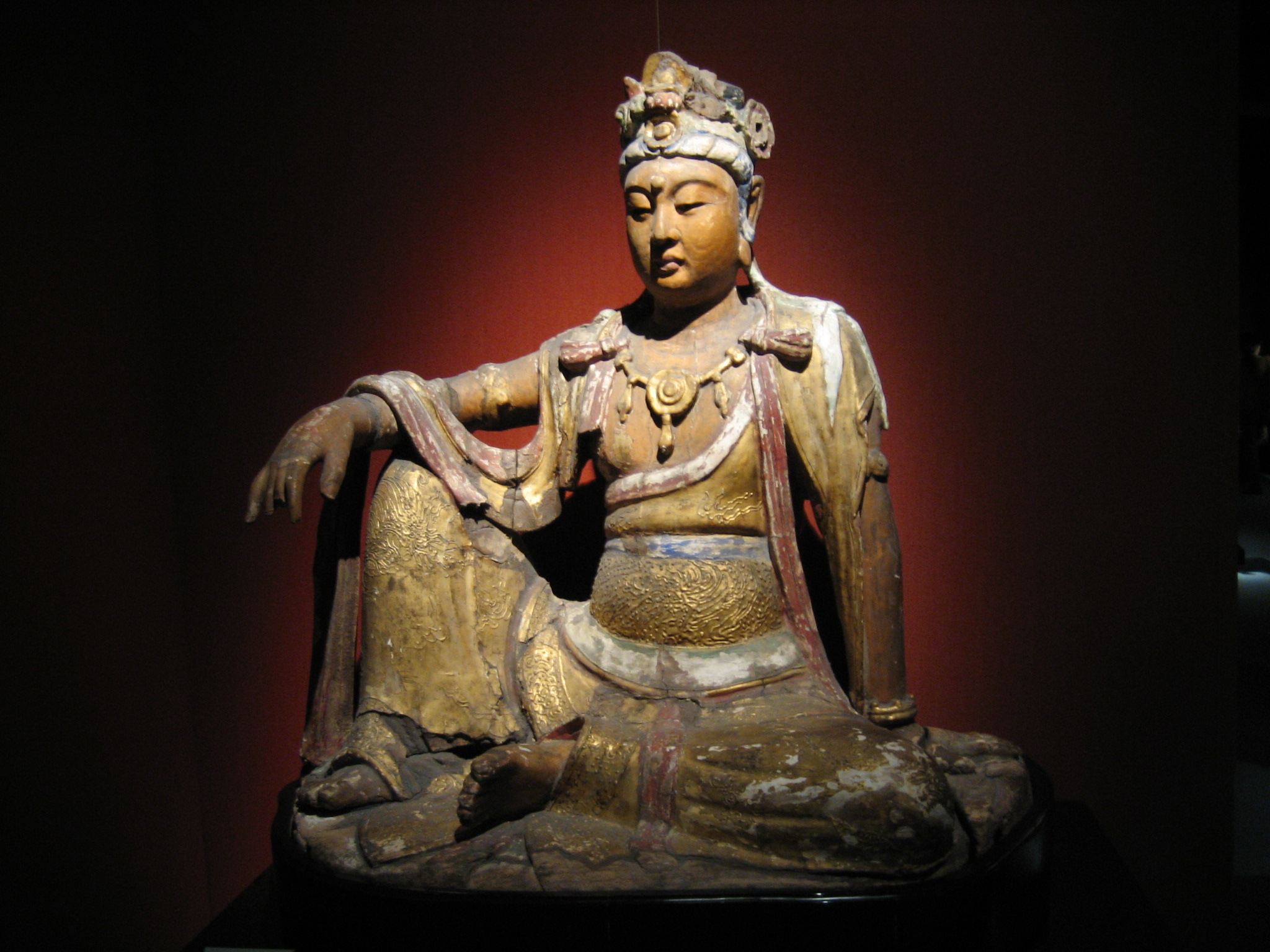Throughout history, one signature of great leaders is that they possessed a moral compass. Sadly, today we find many leaders in the public, private, and nonprofit sectors lacking the virtuous lodestone necessary for the compass to point toward true magnetic moral north. Instead, we see so called “leaders” whose compass needles appear to point only toward themselves in what we might refer to as a culture of narcissism.
 In contrast, from the Buddhist tradition we have a fine example of leadership to emulate in the path of the Bodhisattva, or anyone who is motivated by great compassion to achieve enlightenment, not for his own benefit, but for the benefit of others. In the Mahayana teachings, there are three metaphors that describe Bodhisattva leadership, and they are: 1) The Monarch, 2) The Ferryman, and 3) The Shepherd.
In contrast, from the Buddhist tradition we have a fine example of leadership to emulate in the path of the Bodhisattva, or anyone who is motivated by great compassion to achieve enlightenment, not for his own benefit, but for the benefit of others. In the Mahayana teachings, there are three metaphors that describe Bodhisattva leadership, and they are: 1) The Monarch, 2) The Ferryman, and 3) The Shepherd.
The Monarch as Leader
The Monarch is a leader who gathers and uses power solely for the benefit of his or her subjects.
The Ferryman as Leader
The Ferryman is a leader who has the primary orientation of “we’re in the same boat” and brings great empathy and understanding.
The Shepherd as Leader
The Shepherd is a leader who will put the welfare other people before himself.
So, which kind of leader are you, or do you strive to be?



